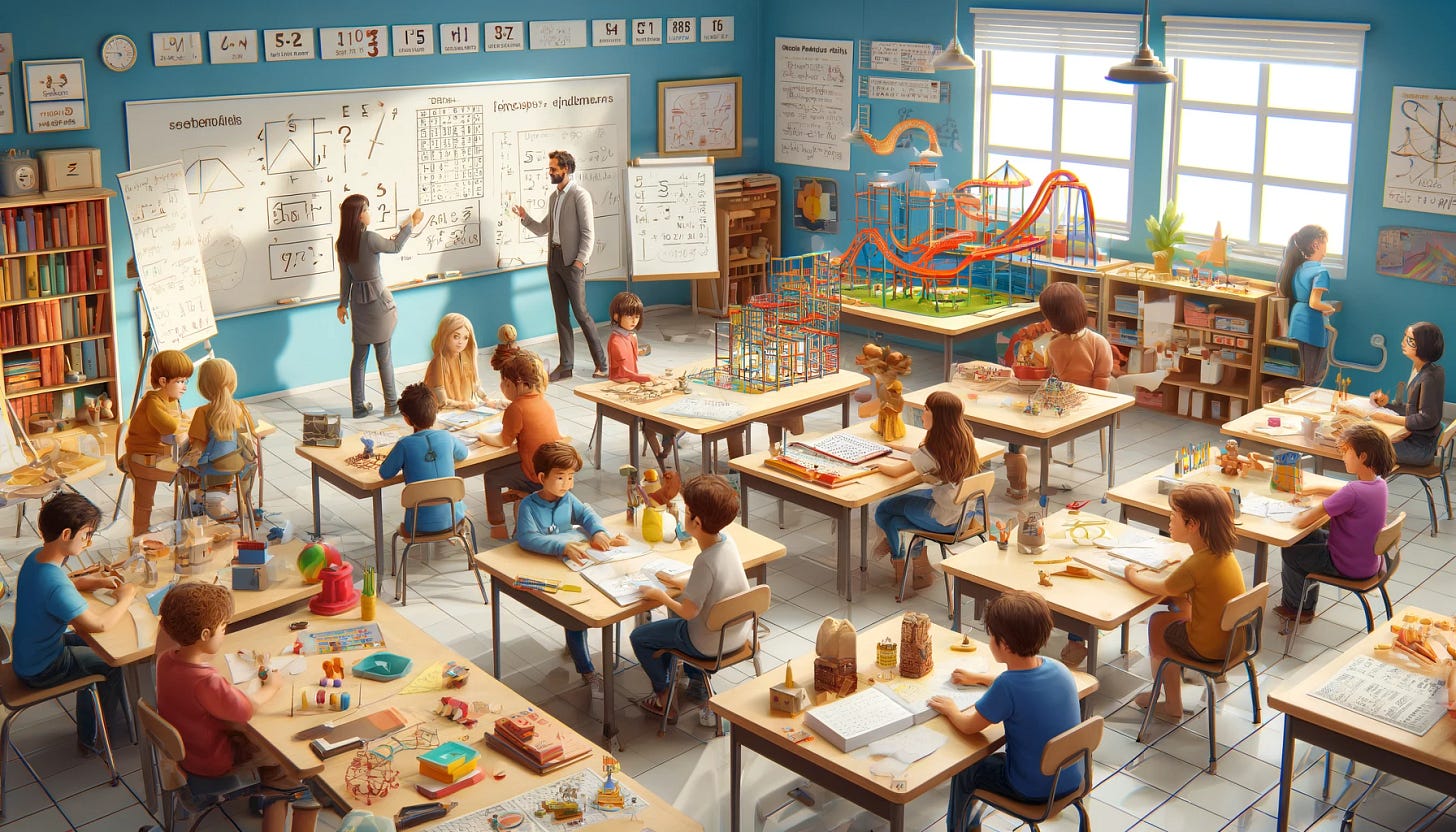When I first moved to Australia back in 2010, I found it very odd to pronounce the ‘w’ in ‘Creswick’. In the UK, I am sure it would be silent, but if you go around Ballarat talking about ‘Cres-ick’ people will think you are odd.
Creswick is the closest town to Ballarat and, like Ballarat, it has a lake — St George’s Lake. The week started for me with a walk around this lake. Whereas Lake Wendouree is encircled by a flat path, the route around St George’s Lake is wooded and rugged, with the alert hiker required to clamber up and down over exposed roots. The lake borders a conifer plantation and so, at certain points, feels like a lake in Scotland or Canada.
If you ever find yourself in Creswick, a walk around St George’s Lake is recommended.
This week’s Curios include a curate’s egg of an inquiry, the bullying of rich kids, some indignant teacher trainers from across the ditch, and much more.
Indignant teacher trainers of the week
The new New Zealand government has apparently committed funds to create additional places for teacher training. You would think those in the training business would welcome this development but there’s a catch — most of this money is going to fund school-based training. Writing in The Conversation, university academics Kirsten Locke, Alex Gunn and Katrina McChesney are unimpressed. They complain:
“…while a lot of the policy detail is unknown, additional funding of teacher education will almost certainly increase the number of places where prospective teachers can train.
However, moving away from university-based teacher education has the potential to undermine the profession by disconnecting teachers from education research.”
Oh dear! What on Earth would trainee teachers do without exposure to all that education research? How could they possibly learn to manage a classroom or the best way to teach algebra to Year 7 students?
Well, instead, they will be learning that in classrooms. Education research hardly ever touches upon such vulgar subjects so that may be for the best.
The authors continue in this vein, repeatedly promoting the value of teachers engaging with education research and as a result, apparently developing their critical thinking. Plebian models of learning a common ‘trade’ just don’t cut it:
“Apprenticeship learning is an excellent way to approach adult education in many skills and trades. However, in a profession such as teaching it falls short. It adopts a ‘what works’ approach without stopping to interrogate who it’s working for and why.”
Yeah, ‘what works,’ is a terrible thing for teachers to learn. Who needs to know that? Instead, they should engage in more chin stroking about Paulo Freire, debunked Piagetian stage theories, the role of the metaverse in education and that kind of flatus.
“Apprenticeship models typically focus on strategies, curriculum delivery and managing student behaviour.”
Well, fancy that.
The truth is that in arguing against a schools-based approach to teacher education, the authors demonstrate precisely why it should be pursued. It’s not a magic bullet, but it could be a good start.
I was reflecting on this recently in terms of Australian policy. A few years ago, a decision was made to change the postgraduate teacher training qualification from a one-year course into a two-year course and I have been one of those arguing we should change it back because, in the context of a teacher shortage, it acts as a perverse barrier to entry. What if instead of changing all courses back to one year, the government simply introduced one-year school-based apprenticeships? Nobody could argue that the teaching experience would not be sufficient and it would act as an incentive to give these courses a try.
Silly article about maths of the week
Jo Boaler and Cole Sampson have penned a piece for EdSource extolling their view of how to teach mathematics effectively. In this case, Boaler and Sampson begin with some questionable assertions about Chinese and Japanese maths textbooks and, by extension, the curriculum:
“U.S. math textbooks are massive and heavy tomes. By contrast, math textbooks in Japan and China are small and slim. The reason for this is that U.S. curriculum repeats content every year. In China and Japan, content is taught less frequently but more deeply and conceptually. As teachers in the U.S. are forced to “cover” an extensive amount of content in every year of school, students only gain a shallow experience of mathematical methods and rules.”
Research evidence suggests many differences between U.S. and East Asian textbooks, but the most striking one is how much more advanced the mathematical content is in East Asian textbooks. This link points to a old study of the treatment of algebra, but there is no reason to assume things have changed much.
Boaler and Sampson then drop East Asia like a hot stone and start making assertions about how maths should be taught, as if this links to their earlier point:
“Some concepts are much more central than others because they link to other areas of content, and they deserve to be learned deeply, over multiple lessons, through applied tasks that relate to students’ lives. An example of a central concept in grade four is “factors and groups.” Instead of learning about these through short questions and answers, students can learn them through rich tasks in which they are more deeply engaged, as can be seen here.”
They then continue with a bunch of assertions such as, “Students can learn all foundational concepts, such as fractions or functions, by drawing, building and learning about them through real-world examples.” They don’t feel the need to provide any empirical evidence of these assertions, preferring to point to resources from Boaler’s YouCubed website.
As Christopher Hitchens wrote: What can be asserted without evidence can also be dismissed without evidence.
Inquiry of the week
The Australian Capital Territory, the administrative area that covers Australia’s capital, Canberra, and its surrounds, has had an inquiry into its education system. The final report came out in April but I’m sometimes a little slow on the uptake. Even Marty beat me to it had he starts by apologising for being slow.
Keep reading with a 7-day free trial
Subscribe to Filling The Pail to keep reading this post and get 7 days of free access to the full post archives.






